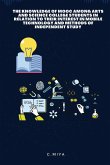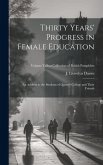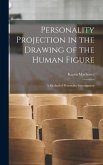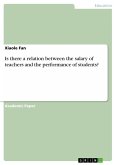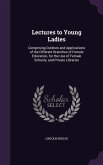The underlying motive of all creation is to survive as single organisms and as a member of the respective species. Competition with one another is essential for the healthy survival o f the best. Biologists' state this as the ultimate outcome; 'the evolution of the best, based on the survival of the fittest'. Hviman evolution has reached a stage where further change can occur more in the psychological realm than in the physical or the biological. A better-evolved person could be one who is capable of carrying out the designated tasks with intellectual, emotional and social fineness. Over the years human society has shifted its priorities regarding the effect of human development. Systems of learning responsible for the development of the person have undergone fundamental changes during periods of cultural and technological transitions. Educational systems, originally designed to teach lowlevel skills in agricultural societies, adapted to changing needs when industrialization replaced agriculture as the major economic enterprise. Most of the then occupational pursuits required rote performance without any cognitive skills. Early in the century there was a strong emphasis on the intellectual achievement. There were times when a high Intelligence Quotient (IQ) was considered as the hallmark of success. The use of Intelligence tests in the field of education and vocation was so widespread that it could be unerringly predicted as to who would succeed in life. The glorious days of the IQ which began during World War I led to decades of the IQ way o f thinking. This understanding was more on the basis of understanding intelligence as a unitary factor, which is universal for all the endeavours o f the individual. According to this thinking people were considered as either smart or not, as they were bom that way and there was nothing one could do about it


